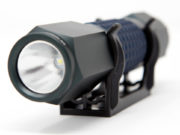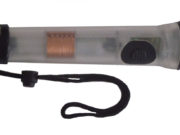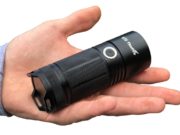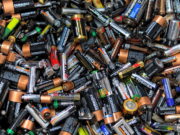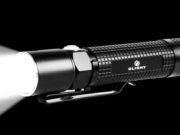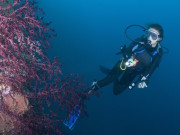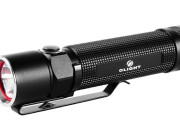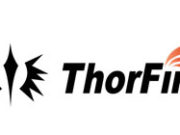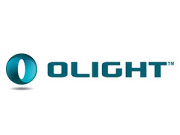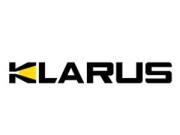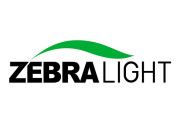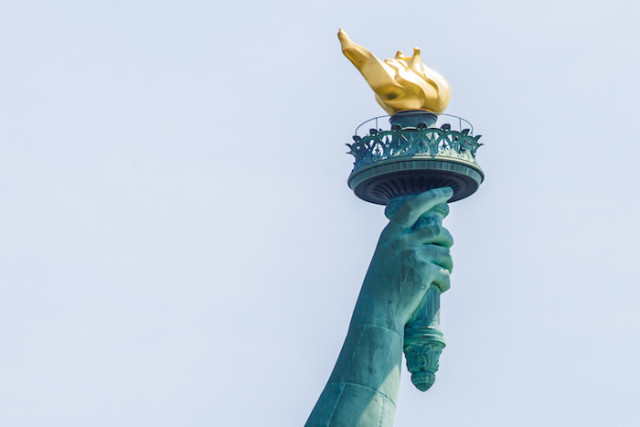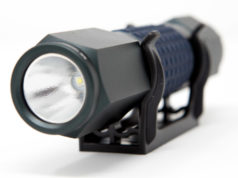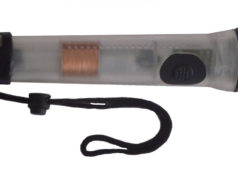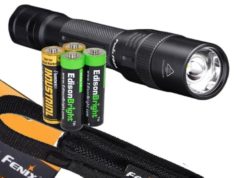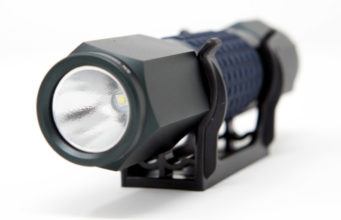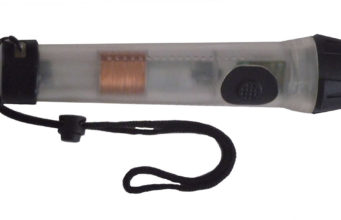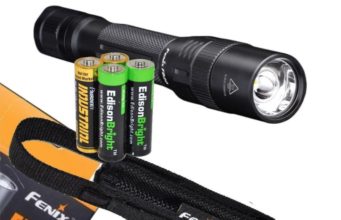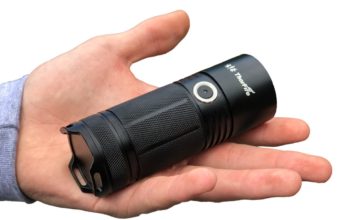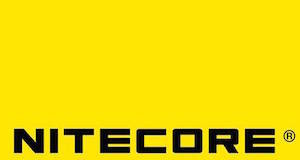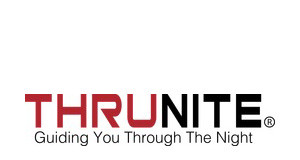In the United States, a portable handheld electric light is known as a flashlight, whereas in other English-speaking countries it is known as a torch. But are these terms interchangeable? What is the difference between a flashlight and a torch?
The first flashlight was invented by a British man living in the US., David Misell. It was given the name ‘flashlight’ by Conrad Hubert, a Russian immigrant who had taken an interest in Misell’s invention and who subsequently brought the flashlight to market. It was so-called because when it was first invented the zinc-carbon batteries used to power it could not give constant currents for long periods of time; therefore they had to keep being turned off to rest.
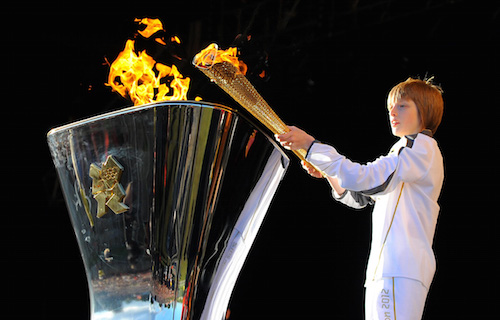
Before the invention of the flashlight in the 1890s, the word ‘torch’ was used to describe a stick with a combustible material at the end of it which can be lit and used as a light source. It comes from the old French word ‘torche’ meaning ‘twisted thing’. The iconic Olympic flame is a good example of what many Americans consider a torch nowadays, as is the Statue of Liberty.
‘Electric torch’
When flashlights became popular worldwide, they were known in Britain as electric torches, however due to the decline in the use of burning sticks, the word ‘electric’ was dropped as the word torch had become synonymous with what Americans refer to as a flashlight.
Many Britons are of the opinion that torch is name that was initially given to the device, though they are mistaken. However, they do point out that flashlights no longer have to be used in flashes and are now capable of maintaining a steady stream of light for an extended period. This is their argument against using the original term of ‘flashlight’.
Neither of these terms is wrong and this is not the only example of American English differing from English spoken in Britain. Although the two countries fundamentally speak the same language, one has to take into consideration that they are an ocean apart and the language developed from the more Medieval English that settlers to the New World would have spoken in the 1600s into what it is today.

